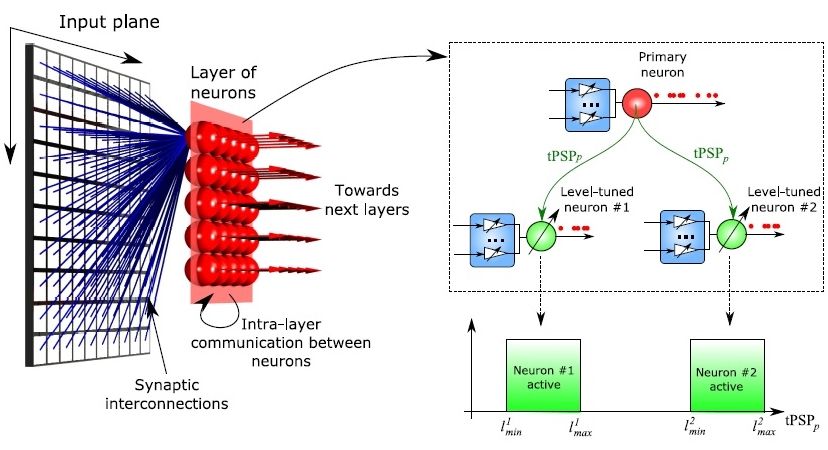
This is why tech must never leave their eye off their companies, innovation, and future; unlike China many in big tech have become bogged down in US Politics, etc. instead of their own competitive landscape something that many industry leaders learned many decades ago. Granted, you must always be concern over regulations, etc.; however, some in tech went further than that by acting in some cases like they’re running for office meanwhile their competitors flourish and don’t bother themselves with background noise.
As the old saying goes “never mix politics and religion in the work place” and this is why. Now, both China and Russia are challenging US tech like never before because of tech’s own distractions outside their companies. And, yes some may say it is tied to the S. China Sea; however, that is just one of many excuses which is not the real reason behind the drop of Apple, Uber, etc. Frankly China is showing the world they are serious in their own commitment to dominate tech taking the title from the US. I suggest companies wake up and focus on what they do best which is tech not government politics. Want to be a politician then please resign and run for government office ad let others who are passionate about tech run tech.
Farhad Manjoo, New York Times Tech Reporter, weighs in on Apple’s latest investments in China, his outlook for the iPhone and Berkshire Hathaway increasing their stake in the tech giant.
Continue reading “Apple China sales slump” »


















